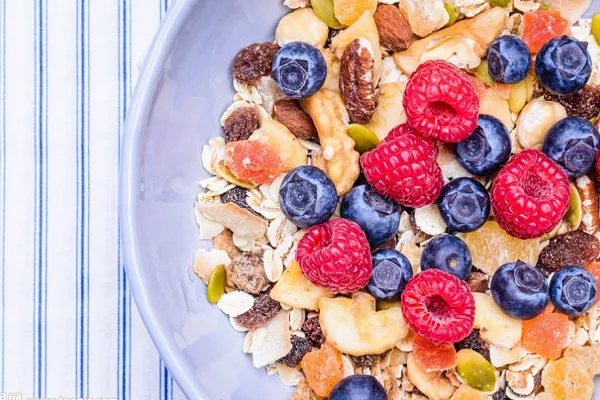Your digestive health is vital for overall well-being, and the foods you consume significantly impact how well your digestive system functions. While incorporating gut-healthy foods is essential, it’s equally important to recognize grains that can lead to digestive discomfort and weight gain. Here are four grains to avoid, along with three healthier alternatives.
4 Grains to Avoid
1. Refined Wheat
Refined wheat is found in many common products like white bread, pasta, and rice. It poses significant digestive issues, especially for those with gluten intolerance or celiac disease. Symptoms: bloating, cramping, and diarrhea. Since refined wheat is low in fiber, it does little to support digestion, potentially leading to sluggish digestive processes.
2. Rye
Although rye is often praised for its fiber content, it is high in gluten and dense in structure, making it hard for the digestive system to process. Those sensitive to gluten may experience excessive gas and stomach discomfort after consuming rye products, such as rye bread.
3. Barley
Barley is another grain that can cause digestive problems despite its low glycemic index and high fiber content. Its gluten content may irritate the stomach, and consuming too much fiber at once can lead to bloating and gassiness. It’s crucial to balance fiber intake to avoid straining the digestive system.
4. Processed Corn
Processed corn products, including cornmeal, cornstarch, and popcorn, can be challenging for the body to digest. These foods often contain hard-to-digest carbohydrates that may cause swelling and discomfort. Additionally, they tend to be low in fiber, which can slow digestion and contribute to digestive discomfort.
3 Healthier Grains for Improved Digestion
1. Quinoa
Quinoa is a fantastic alternative to the grains mentioned above. It is gluten-free, high in fiber, and rich in protein, making it a complete protein source. Its anti-inflammatory properties make it an excellent choice for those with sensitive digestive systems. Incorporate quinoa into salads or use it as a base for grain bowls.
2. Brown Rice
Unlike refined white rice, brown rice is a whole grain that retains its fiber content, aiding digestion. Brown rice is gluten-free and helps combat constipation while promoting overall gut health without causing inflammation. It’s an easy and versatile swap for those looking to improve their digestive health.
3. Millet
Millet is a light, gluten-free grain that is easy on the digestive system. It is rich in fiber and has a low glycemic index, offering anti-inflammatory benefits. Millet is easily digestible, making it a suitable choice for individuals with sensitive stomachs. It provides essential nutrients without the risk of bloating or discomfort.
Conclusion
To enhance digestive health and minimize the risk of weight gain, it’s crucial to avoid grains that can irritate the digestive system. By replacing them with nutrient-rich alternatives like quinoa, brown rice, and millet, you can support your gut health while enjoying a varied and satisfying diet. Making these simple changes can lead to better digestion and overall well-being.
Related Topic:
Should You Drink Milk After A Workout


